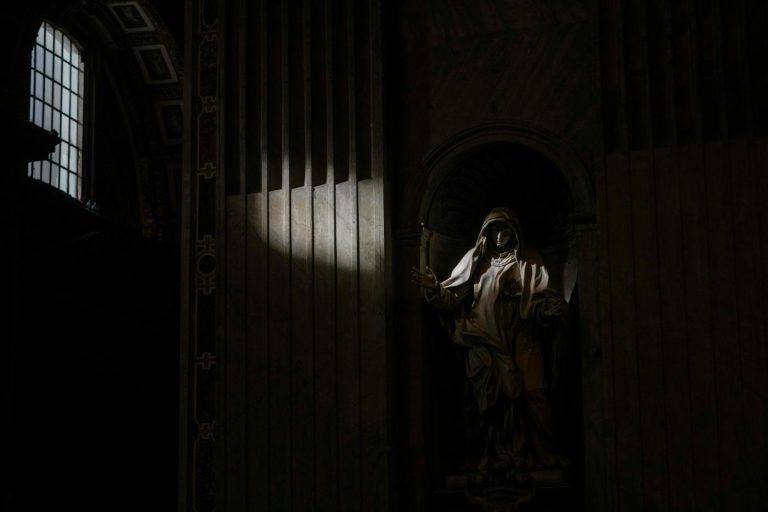PLEASANTON — As Pleasanton voters wait to decide on a first-ever half-cent sales tax ballot measure proposed in this year’s November election, some residents are rallying against it.
Over the past few weeks, about a dozen residents led by a man named Doug Miller have raised more than $2,000 for a campaign against the sale tax initiative, called Measure PP. Miller told this news organization that voters can expect to see yard signs, brochures and volunteers campaigning against the tax at the local farmers market and elsewhere. The Pleasanton City Council placed the measure on the Nov. 5 ballot in July.
Miller said he believes the city should be looking at other options to stave off what the city expects to be a more than $100 million budget deficit in the coming years. He said his views align with that of Councilman Jack Balch, who was the only council member to vote against the measure at the July meeting. Balch, an accountant who has since said he will support whatever the voters decide, told council he wanted to see what other options the city has to tighten its belt and save money ahead of the impending budget shortfall.
The city estimates a $13 million shortfall annually over the next eight years.
“They haven’t asked for community input to look for budget issues and look for recommendations,” Miller said. “They rushed too quickly to just go to a tax increase to solve their problems without looking first very thoroughly at ways to economize.”
The measure was championed by Mayor Karla Brown, and supported by fellow council members Valerie Arkin, Jeff Nibert and Vice Mayor Julie Testa in a 4-1 vote.
The council members in favor of the measure blame losses in sales tax revenues since the COVID-19 pandemic, and lackluster retail activity at the Stoneridge Mall for much of the city’s budget problems. Another major issue is the massive payouts the city will have to make to cover city worker’s pensions over the next decade.
But in 2018, Miller said, the city established two funds to invest in pensions and medical benefits for city workers. Miller said the city has $117 million tucked away in those funds it could be using.
“The money was put aside specifically to address the pension issues that they knew were coming. They’re not using that money,” Miller said. “And we want them to use that money before asking residents to pony up more money.”
He added that the city could be putting off the ballot measure for another two years and explore different cost-cutting and saving options until the next election in 2026.
“It’s not that we’re against this sales tax increase because we don’t like sales taxes,” Miller said. “It’s because we don’t think the city has done an adequate job of combing through the budget and finding ways to save and economize.”












